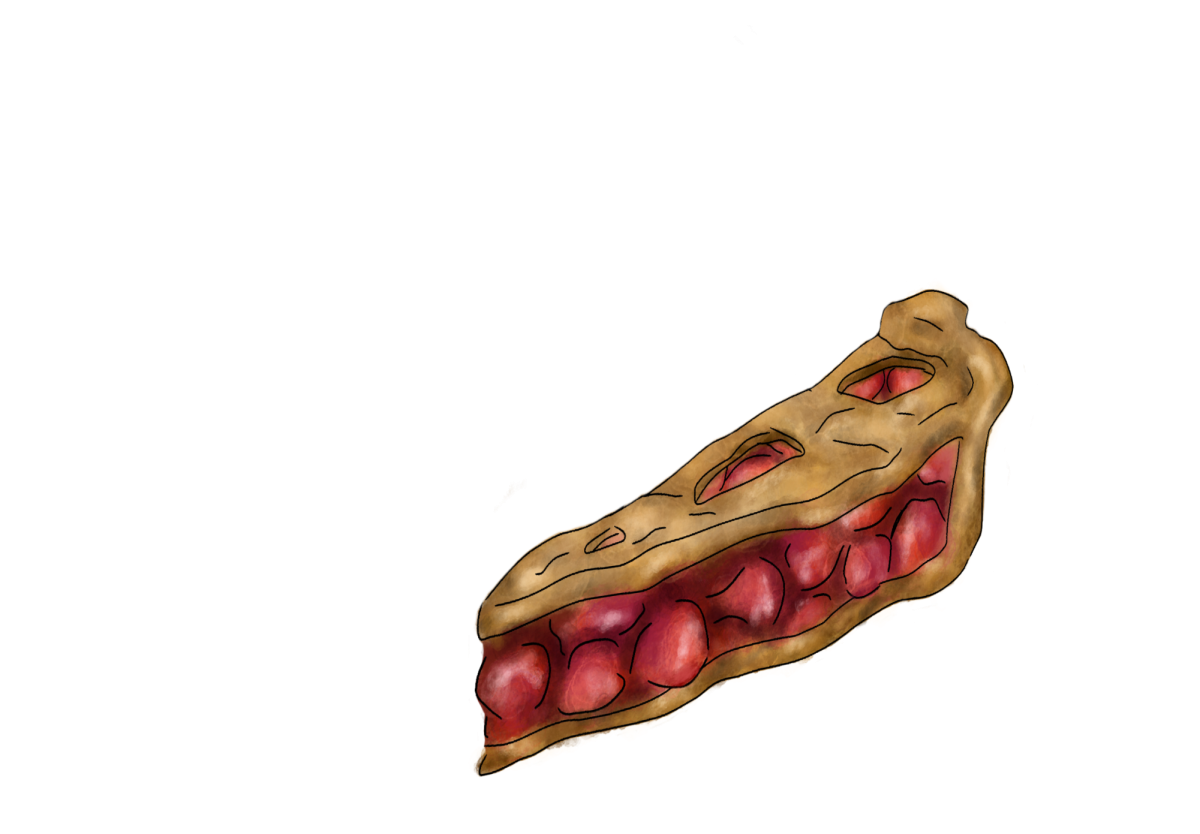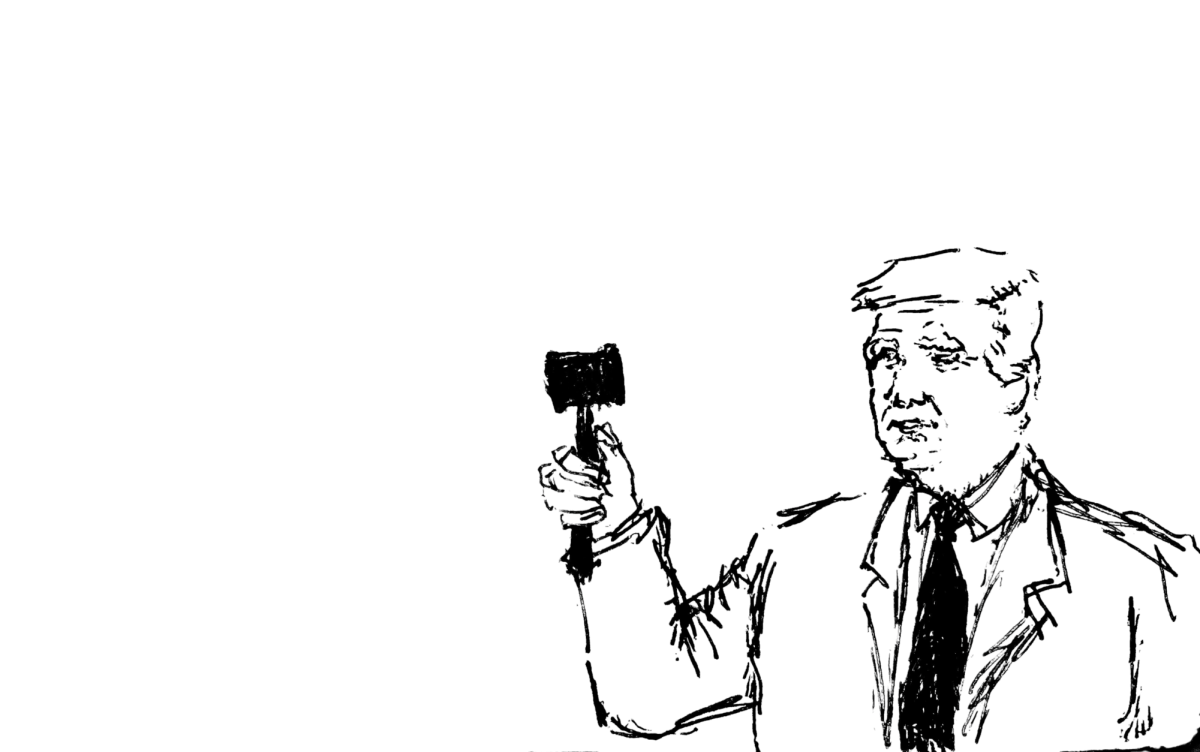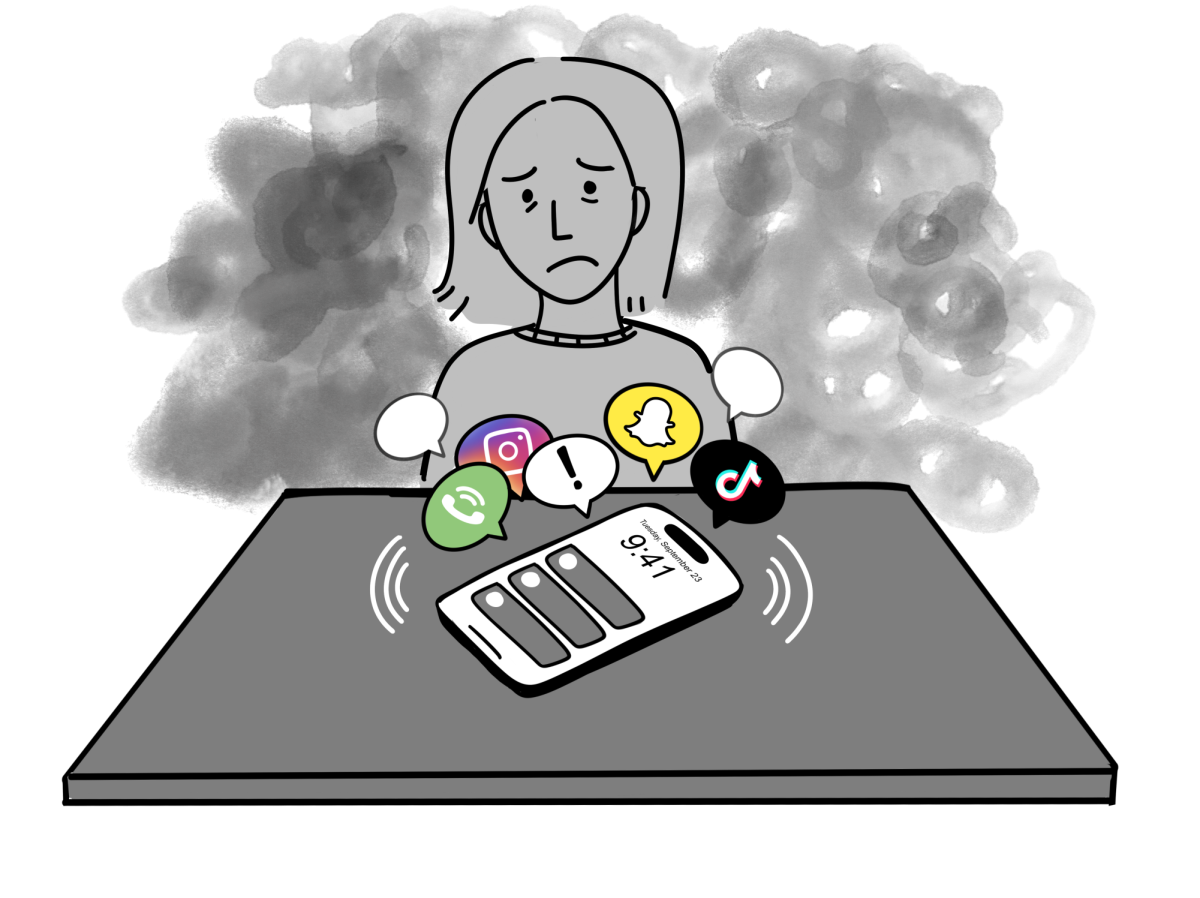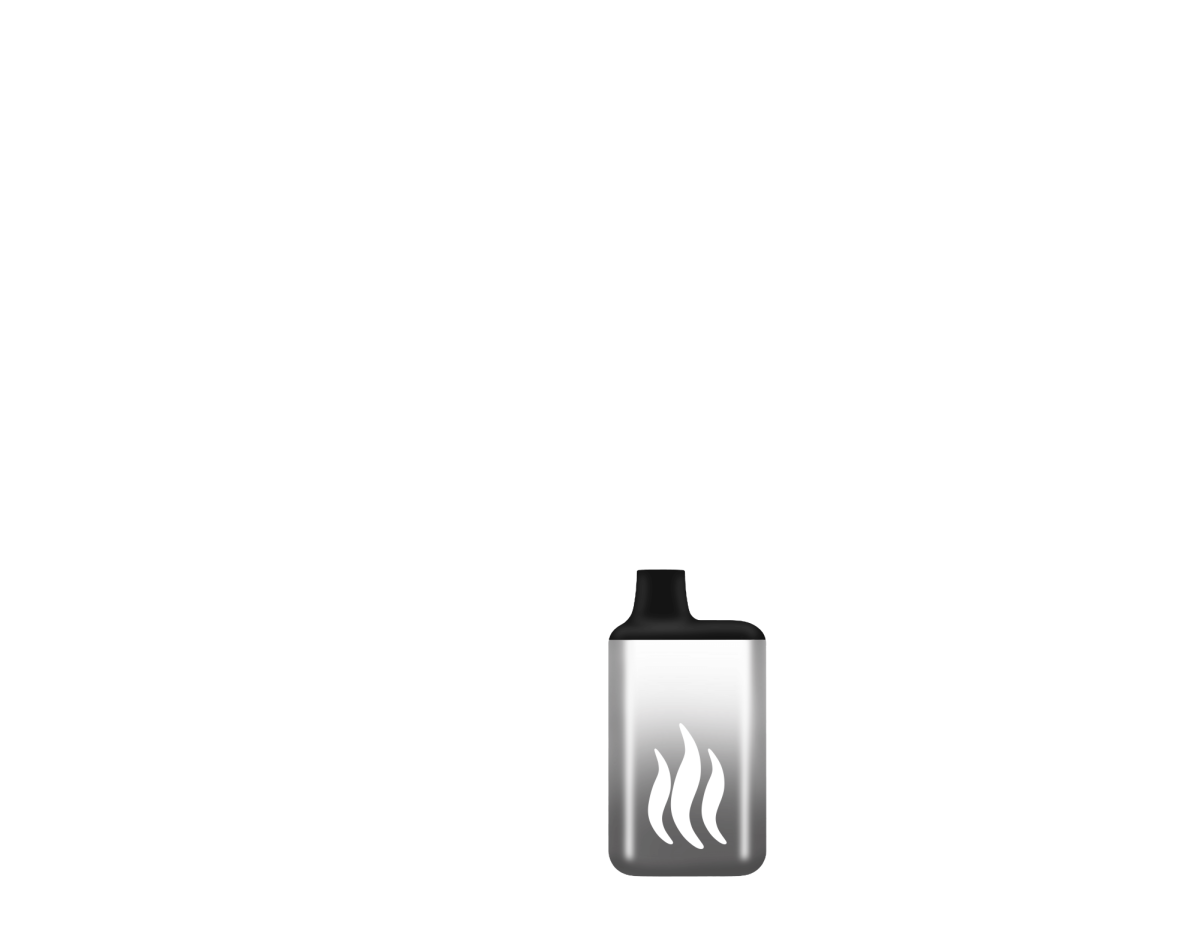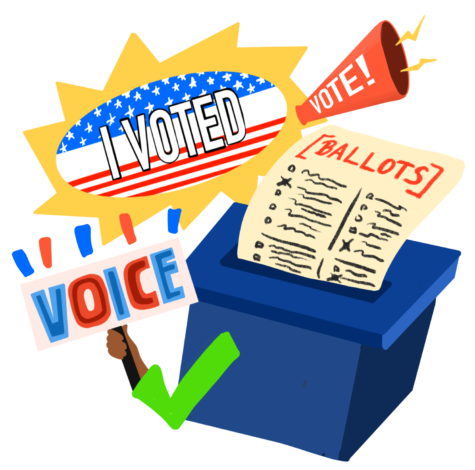
Franklin D. Roosevelt once said, “Democracy cannot succeed unless those who express their choice are prepared to choose wisely. The real safeguard of democracy, therefore, is education.” The war in Ukraine has caused a new reckoning for democracies around the world. In the largest European war in history since World War II, the Russian invasion has clearly drawn lines between countries that are democratic and support Ukraine, like France, and countries that don’t.. But does this mean that the United States will always be democratic? The hope of democracy as something permanent is consistent throughout American history. Archibald MacLeish once said, “Democracy is never a thing done. Democracy is always something that a nation must be doing.” However, nations must beware of democratic backsliding. In order to prevent this from happening in the United States, it is crucial that LM students vote.
The looming danger of democratic backsliding is one of increasing magnitude. The term democratic backsliding means the erosion of democratic norms. Institutions such as the Democracy Index, an organization which tracks democracy, says that countries previously perceived as democratic, like Hungary or India, are experiencing backsliding. During the Russian civil war, Leon Trotsky, a Bolshevik, told the remaining legislators advocating for a democratic republic to, “’go to the place where you belong from now on – the dustbin of history!” This was the end of a dream that a new, democratic Russia could have formed. Instead, Russia embarked on years of terror. Such norms are going to this dustbin of history around the world, and, for the first time, the number of people living in a democracy has shrunk in the past decade.
It is clear that democratic backsliding is occurring. Around the world, politicians are beginning to make moves for undisputed power. In Hungary, Victor Orban ran on a platform of opposing the European Union, Middle Eastern migrants, and LGBTQ+ rights, in direct opposition to the majority of peaceful, democratic countries. With full control over the state media and the economy, he was able to win in a landslide against an opponent whom many considered Hungary’s “last best hope” to save their fragile democracy. In France and the United States, leaders who are staunch supporters of democracy have come under attack from illiberal politicians who proclaim that the elections will be stolen from them. For example, Donald Trump refused to accept that he lost the 2020 election, claiming that his loss was the result of election fraud. When politicians go against the norms of democratic societies, democracy is on the decline.
So how can we, as LM students, help to stop such a large issue? Although saving the face of our democracy sounds like an arduous task, we can start with one simple step: voting. Lower Merion students have a moral obligation to vote. Voting is the best way to save and protect our democracy, as voting proves that we still have a democracy— especially when you vote for change. Whether it is for socialism, liberalism, conservatism, or any other political ideology, as long as the candidate supports democracy, a vote is a voice for democracyEven more importantly, your vote can protect others. A vote can push a candidate over the finish line, and that candidate could legislate the continuing of voting rights efforts. Just like how your lack of a vote could allow someone who is undemocratic to win power.
As was stated previously, democracy has never been permanent. In 1991, when the Soviet Union collapsed we thought that maybe democracy would finally enter an era of unquestioned dominance. But, it is now clear that the leaders of that time were unsuccessful. It is not a failure of the American people that the world isn’t more democratic today than it was at the turn of the century, but rather a failure of knowledge. Hard truths about society need to be confronted. As the Merionite Editorial Staff wrote in the aftermath of the 2020 election, “we are indisputably a divided nation. However, we have not been forced to confront that reality until now.” Confronting a harsh reality is not something that Americans have historically been the best at, from issues of race, to those of voting rights themselves. Yet we must persevere and make democracy work for all. The dismal turnout rating among youth voters in the 2020 election (only just over 50%) was actually an increase of over 10 percentage points, the highest ever. The “sky high” turnout from under 75% of registered voters was simply not there among youth voters. As Obama said, “the biggest threat to our democracy is cynicism – a cynicism that’s led too many people to turn away from politics and stay home on election day” The narrative that, “my vote won’t change anything” just isn’t the case. In 2000, George Bush defeated Al Gore for the presidency by only 537 votes in Florida. But now, we are the pivotal swing state. If you want to step into a new world, where that world is made safe for democracy, then you must vote for those candidates who represent you. We don’t all have to be politicians or like politics. But that doesn’t mean that we shouldn’t know and talk about the issues plaguing our nation.
Students and citizens reading this must all encourage everyone we know who is able to vote, and for those who can, vote themselves. Learn how to vote, and share that information. Democracy is not permanent. Throughout the world, a dark cloud is descending over millions of people. Let that not be us also. Jay Griffths said, “Being adequately informed is a democratic duty, just as the vote is a democratic right. A misinformed electorate, voting without knowledge, is not a true democracy.” Ask others to vote, teach them to vote, inspire them to vote. The shining city on the hill must not descend into darkness.


